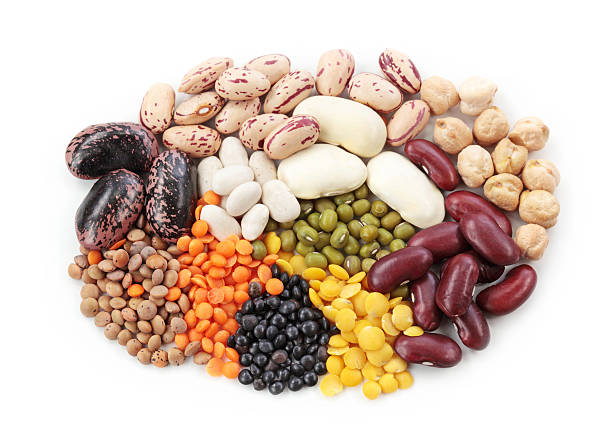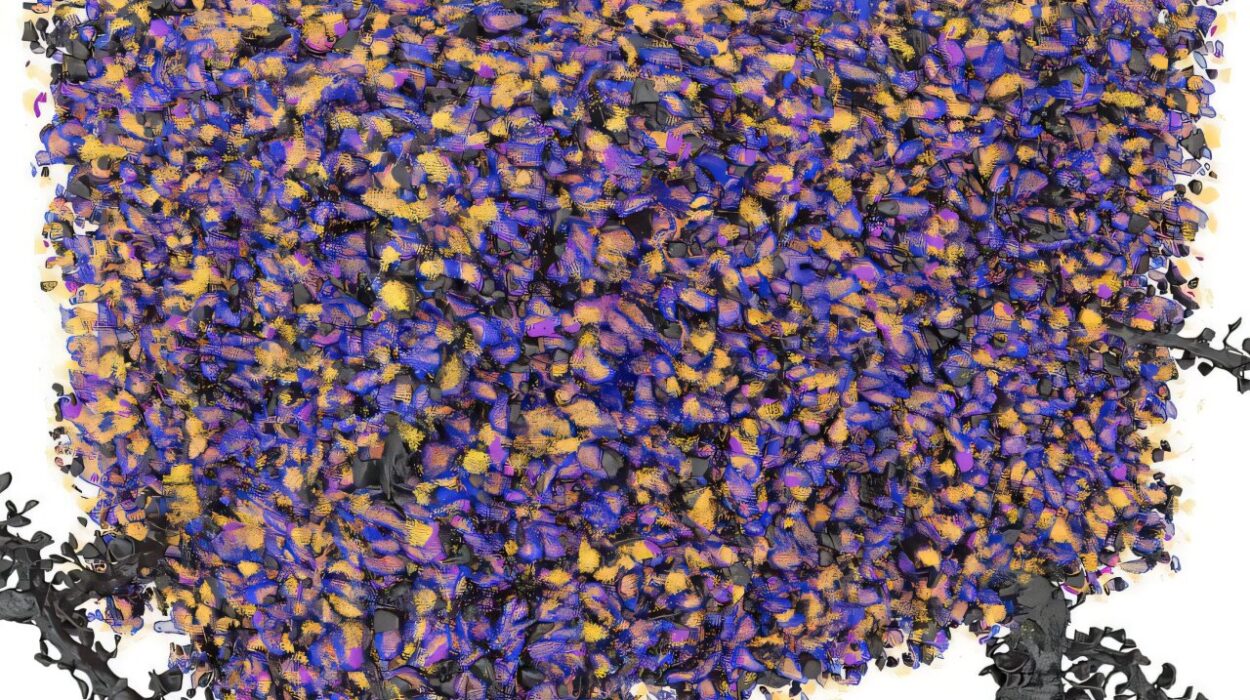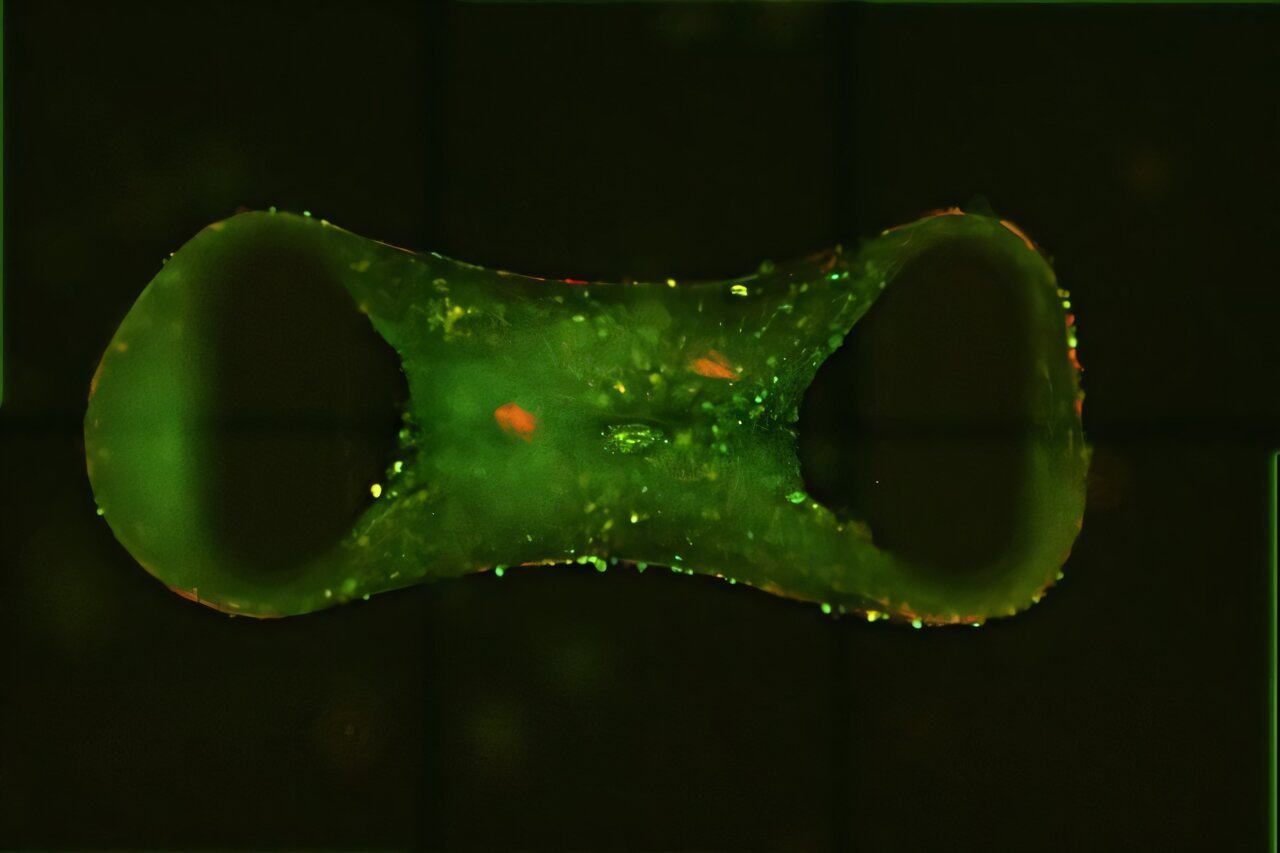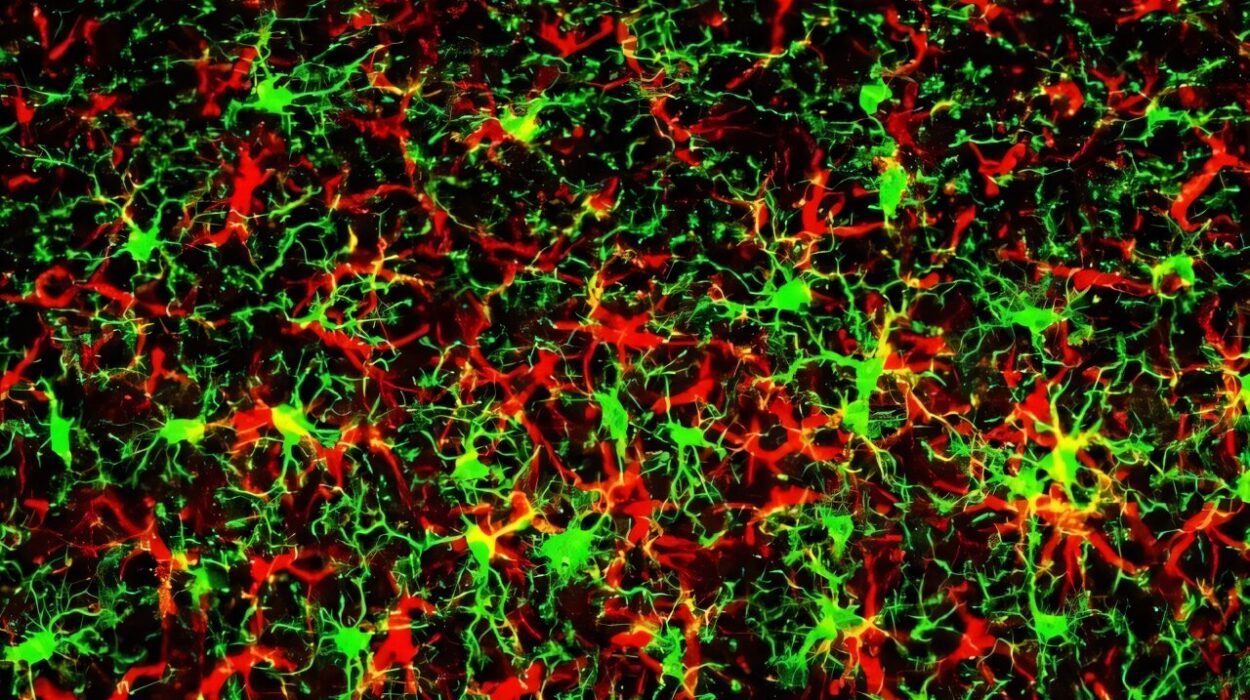In every corner of the world, the question of food and nutrition is deeply tied to health, culture, and sustainability. One nutrient often at the center of debate is protein—a macronutrient essential for building muscle, repairing tissues, supporting immune function, and maintaining overall vitality. For decades, protein was strongly associated with animal products such as meat, dairy, and eggs. But science has steadily dismantled the myth that plants are inadequate sources of protein. In fact, research has repeatedly shown that plant-based proteins not only provide sufficient amino acids but also come with additional health benefits—such as fiber, antioxidants, and essential micronutrients.
The shift toward plant-based diets is growing worldwide, driven not only by ethical and environmental concerns but also by the increasing awareness of their role in preventing chronic diseases. For athletes, fitness enthusiasts, or anyone simply striving for a healthier diet, knowing the best plant-based protein sources is crucial.
Here, we explore 13 of the best research-backed sources of plant-based protein—foods that have nourished humans for centuries, and continue to play a vital role in diets today.
1. Lentils
Lentils are small, lens-shaped legumes that pack an incredible nutritional punch. They have been a staple food in Middle Eastern and South Asian diets for thousands of years. Just one cup of cooked lentils provides about 18 grams of protein, making them one of the richest plant-based protein sources.
But lentils are more than just protein. They are high in dietary fiber, which supports digestion and helps regulate blood sugar. They also supply iron, folate, and magnesium—nutrients often cited as concerns in plant-based diets. Scientific research links lentil consumption to reduced risks of cardiovascular disease, thanks to their ability to lower cholesterol and blood pressure.
Lentils are versatile—they can be used in soups, stews, salads, and even burgers. Whether you choose red, green, or black lentils, they remain an excellent, protein-rich choice.
2. Chickpeas
Also known as garbanzo beans, chickpeas are a cornerstone of Mediterranean and Middle Eastern cuisine. One cup of cooked chickpeas provides around 15 grams of protein.
Chickpeas are also rich in soluble fiber, which improves gut health and supports stable blood sugar levels. Studies suggest that regular consumption of chickpeas can improve satiety, making them helpful for weight management. They also provide a solid dose of iron, phosphorus, and B vitamins.
Chickpeas can be enjoyed in countless forms: blended into hummus, roasted for a crunchy snack, or added to stews and curries. Their mild, nutty flavor makes them a favorite for both traditional and modern plant-based recipes.
3. Quinoa
Quinoa, often referred to as a “pseudo-grain,” is technically a seed, though it is eaten like a grain. What makes quinoa unique is that it is one of the few plant-based foods that provide all nine essential amino acids, making it a complete protein. One cup of cooked quinoa offers around 8 grams of protein, along with complex carbohydrates and healthy fats.
Quinoa is also naturally gluten-free and rich in magnesium, manganese, and antioxidants. Research has shown that diets including quinoa can improve metabolic health and lower inflammation.
Its versatility is another bonus: it can be used as a base for salads, bowls, or even breakfast porridge. Quinoa’s nutty flavor and fluffy texture make it a wholesome, protein-rich staple.
4. Black Beans
Black beans, popular in Latin American cuisine, are an excellent source of plant protein, delivering about 15 grams of protein per cup when cooked.
Beyond protein, black beans are full of fiber, potassium, and polyphenols—antioxidant compounds that help combat oxidative stress. Research shows that black beans can help regulate blood sugar levels and reduce the risk of type 2 diabetes. Their high fiber and protein content also promote satiety, which can support weight management.
From burritos to soups, black beans are incredibly adaptable, offering a hearty texture and earthy flavor that enhances a variety of dishes.
5. Peas
Peas may seem humble, but they are powerful when it comes to nutrition. Green peas contain about 9 grams of protein per cup. They also deliver fiber, vitamin C, vitamin A, and several B vitamins.
Peas are particularly popular today because pea protein has become a staple ingredient in many plant-based protein powders and meat alternatives. Research supports their role in muscle repair and growth, especially when consumed as part of a varied diet.
Peas can be added to soups, stews, stir-fries, or even blended into smoothies for a nutrient boost. Their mild flavor makes them an easy addition to meals.
6. Tofu
Tofu, or bean curd, is made from coagulated soy milk pressed into blocks. It is one of the most popular plant-based protein sources, offering around 10 grams of protein per half-cup serving.
Soy-based foods like tofu are among the most extensively studied plant proteins. Research consistently shows that soy protein supports cardiovascular health, lowers cholesterol, and may even reduce the risk of certain cancers. Tofu is also a complete protein, containing all essential amino acids.
Its neutral flavor allows it to absorb marinades and spices beautifully, making it a versatile ingredient for stir-fries, soups, scrambles, and even desserts.
7. Tempeh
Tempeh is another soy-based protein source, but unlike tofu, it is made from fermented soybeans pressed into a dense cake. A half-cup serving of tempeh provides about 15 grams of protein.
Because it is fermented, tempeh also contains probiotics that promote gut health. It is rich in fiber, vitamins, and minerals, including calcium and iron. Scientific studies suggest that regular soy consumption, including tempeh, may support bone health and reduce menopausal symptoms.
Tempeh has a nutty, earthy flavor and firm texture that makes it ideal for grilling, stir-frying, or crumbling into sauces.
8. Edamame
Edamame are young, green soybeans harvested before maturity. A one-cup serving provides around 17 grams of protein—an impressive amount for such a simple snack.
Edamame is not only protein-rich but also high in folate, vitamin K, and manganese. Like tofu and tempeh, edamame contains all nine essential amino acids. Research also indicates that soy protein helps reduce LDL cholesterol and support heart health.
Edamame can be enjoyed steamed with a sprinkle of sea salt, tossed into salads, or added to grain bowls for extra protein.
9. Hemp Seeds
Hemp seeds are tiny nutritional powerhouses. Just three tablespoons provide around 10 grams of protein, along with healthy omega-3 and omega-6 fatty acids.
Hemp seeds are also considered a complete protein, offering all essential amino acids. They are rich in magnesium, zinc, and iron, supporting energy production and immune health. Scientific studies have highlighted hemp seeds’ anti-inflammatory benefits due to their high content of essential fatty acids.
They can be sprinkled on salads, blended into smoothies, or incorporated into baked goods for a nutrient boost.
10. Chia Seeds
Chia seeds are small but mighty. Two tablespoons provide about 5 grams of protein, as well as fiber, calcium, and omega-3 fatty acids.
Chia seeds form a gel-like consistency when soaked in liquid, making them perfect for puddings and smoothies. Research indicates that chia seeds support heart health, reduce inflammation, and improve digestive health thanks to their high soluble fiber content.
Though their protein content is modest compared to legumes, chia seeds are nutrient-dense and a valuable addition to a balanced, plant-based diet.
11. Pumpkin Seeds
Also known as pepitas, pumpkin seeds are rich in both protein and minerals. Just one ounce provides about 9 grams of protein.
Pumpkin seeds are also high in magnesium, zinc, and antioxidants. Research links pumpkin seed consumption to improved heart health, prostate health, and immune function. Their high protein and healthy fat content also make them an excellent snack for sustained energy.
They can be eaten raw, roasted, or added to granola, salads, and baked goods.
12. Seitan
Seitan, often called “wheat meat,” is made from gluten, the main protein in wheat. It is one of the most concentrated plant-based proteins, with over 20 grams of protein per 3-ounce serving.
Seitan has been used for centuries in Asian cuisines as a meat substitute. Its chewy texture makes it especially appealing in savory dishes. While it is not a complete protein, it can be easily paired with legumes or seeds to balance amino acid intake.
Research shows that diets high in wheat gluten are safe for most people, though those with celiac disease or gluten intolerance must avoid it. For others, seitan can be an excellent high-protein option.
13. Almonds
Nuts, while best known for their healthy fats, also provide meaningful amounts of protein. Almonds, in particular, offer around 6 grams of protein per ounce.
They are also rich in vitamin E, magnesium, and antioxidants. Research consistently shows that almonds support heart health, improve cholesterol profiles, and promote satiety, making them beneficial for weight management.
Almonds can be eaten raw, roasted, or ground into almond butter. Their versatility and nutrient profile make them an easy way to add plant-based protein to your diet.
Conclusion
The myth that plant-based diets lack sufficient protein has long been disproven. From lentils and chickpeas to quinoa, hemp seeds, and almonds, plants provide not only the protein our bodies need but also a wide array of vitamins, minerals, fiber, and phytonutrients that animal products lack.
What makes these 13 foods remarkable is not just their protein content but their holistic benefits—supporting heart health, improving digestion, lowering cholesterol, reducing inflammation, and even protecting against chronic disease.
Whether you are vegan, vegetarian, or simply trying to reduce your reliance on animal products, incorporating these plant-based proteins into your meals can ensure that your diet is both nutritionally complete and deeply satisfying.
The science is clear: plants are powerful providers of protein. And the beauty of a plant-based diet lies not only in its health benefits but in its diversity, flavor, and its connection to cultures and traditions around the world.






